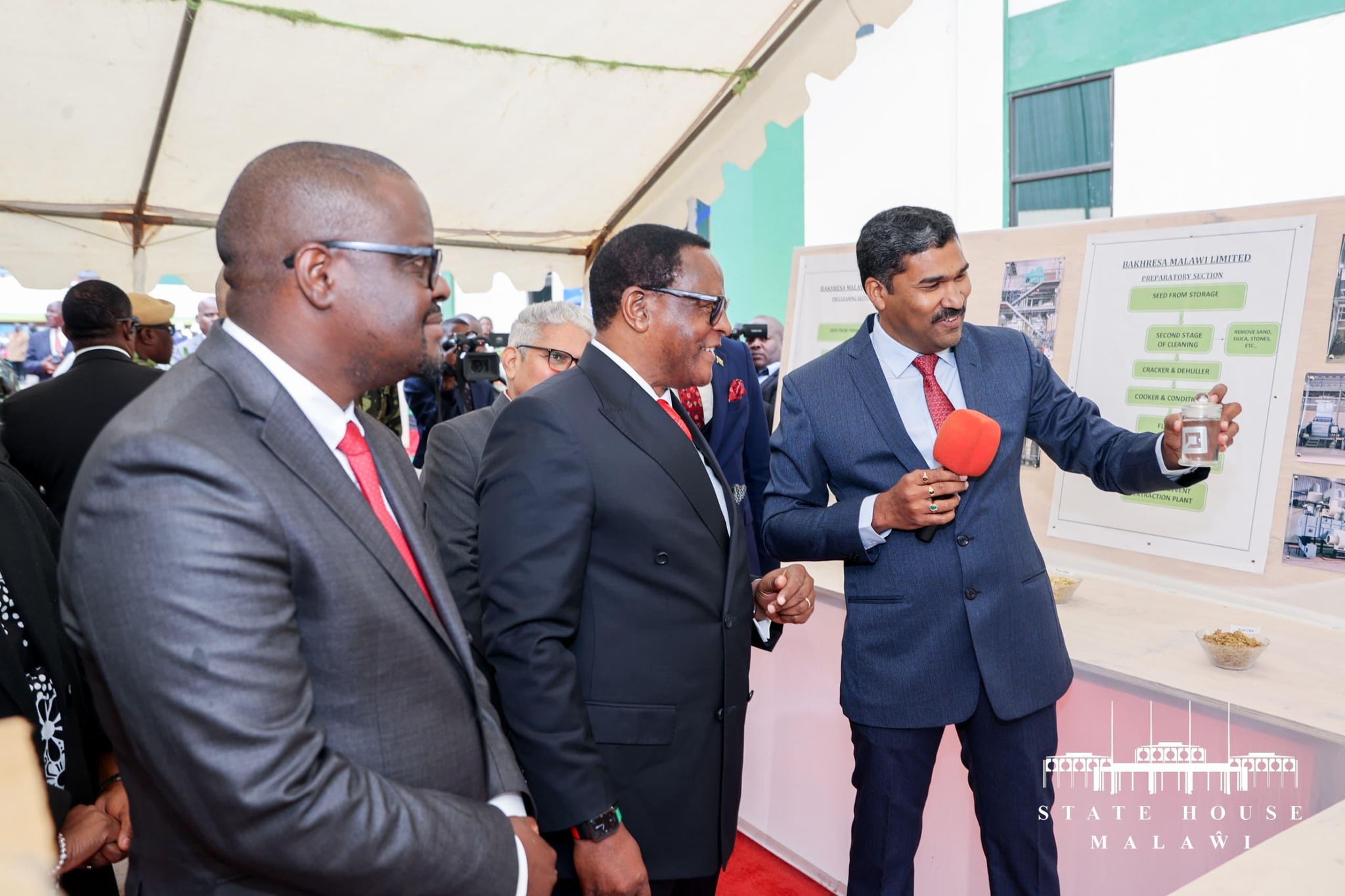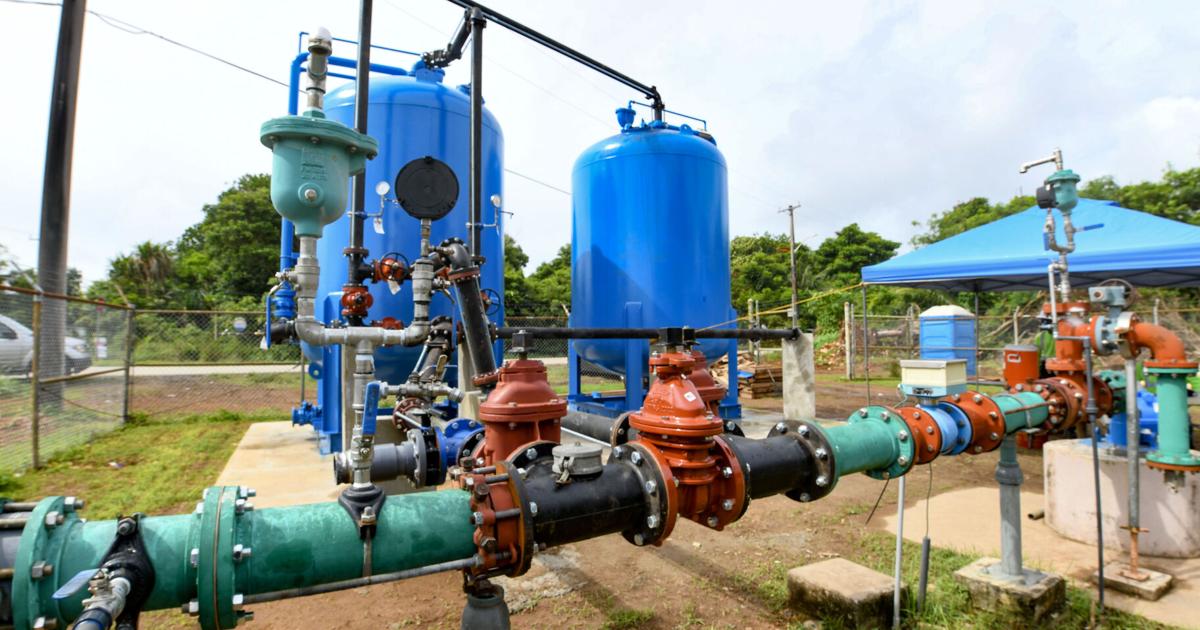Copyright nyasatimes

Countries that rely on tobacco farming as a source of foreign exchange such as Malawi, Zimbabwe and Tanzania, are being advised to offer farmers training, funding and market access to incentivise them to diversify into other crops or industries. This has been observed by economic expert, Hanleck Mhango, after observing that tobacco farmers are at risk of losing out on revenue following the global anti-smoking campaign that is gathering momentum alongside the Tobacco Harm Reduction initiative that offers safer alternatives to cigarettes. Mhango suggests that governments can encourage and support farmers to diversify into highly marketable crops such as cotton, soybeans, wheat and/or horticulture through training, as well as funding and helping them get access to international markets. “Soybeans are very much sought-after for agriculture produce in sub-Saharan countries to produce cooking oil, soy meat and livestock feed,” he said. “Even here in Malawi, the market is readily available since we have companies that produce cooking oil such as the Bakhresa Limited, which recently commissioned a solvent extraction plant and cooking oil refinery in Limbe,” added Mhango. “On top of that, Bakhresa is a producer of export-quality bread flour, producing over 500 metric tons of bread flour while employing over 300 people and providing farmers with a ready market for their soya.” At its commissioning in July, former President Lazarus Chakwera was informed by Bakhresa’s General Manager, Venkatesh Rao Pattipati, that the company is diversifying its operations in Malawi with more investments in line with the country’s National Export Strategy- industrialisation, mechanised agriculture, inclusive economic development and wealth creation in line with MW2063’s national vision. Bakhresa has diversified its flour-milling business to include cooking oil refinery in order to increase the company’s contribution to the local economy — with soybeans being a ready market since the company can process close to 800,000 metric tons of soya. Mhango also suggests that governments could also invest in rural infrastructure, like roads, storage facilities and irrigation systems, to make it easier for farmers to access markets and adapt to climate change. He said that additionally, they could establish social protection programs, like cash transfers or insurance schemes, to help farmers manage risks and uncertainties during the transition period. He further encouraged private-sector investment in alternative industries, like manufacturing or tourism, to create new job opportunities and stimulate local economies. Another approach which Mhango is suggesting for governments to consider is the promotion of agroforestry practices, like growing trees alongside food crops, which can provide additional income streams and improve soil health. Omega Mvula, a Malawian teacher by profession is retiring soon but has already set a foundation for life in retirement through an agroforestry approach. He planted over 5,000 pine trees in Nkhata Bay in the northern region of Malawi which will be maturing in the next five years. He attested to that pine trees are in great demand by many neighbouring countries such as Tanzania, Kenya, Burundi as well as in China. “Pine is highly sought-after for its strong timber,” he said, adding: “It takes close to 14 years to mature and is easy to grow as it only needs tending to as a seedling. Once fully grown into saplings, I planted beans alongside them as another economic alternative, which we sell on the local market,” said Mvula. These two professionals are in line with the global campaign on Tobacco Harm Reduction strategy that also suggests that tobacco farmers need to be incentivised to opt for alternatives crops.



